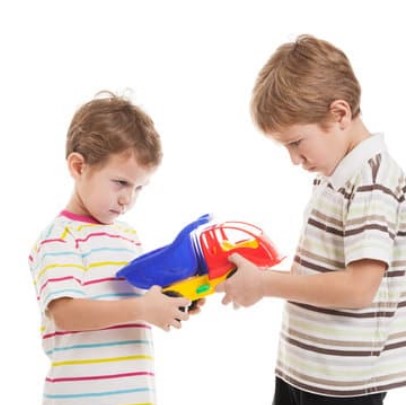
Every third Saturday in February, a giant of the oceans is honoured. World Whale Day is celebrated to raise awareness of the ecological value of these species to the planet.
Why is World Whale Day celebrated?
This day was created in 1980 in Maui, Hawaii, thanks to the initiative of Greg Kauffman, founder of the Pacific Whale Foundation. The aim was to raise awareness about the threat of extinction faced by humpback whales.
The whale: a central place in the ecosystem
When whales are predators, they eat fish and invertebrates. When they are prey, they are hunted by sharks and killer whales. In their carcass state they serve as food for detritus feeders.
They are like a pump that circulates fish and zooplankton, essential nutrients for the primary production of the ecosystem of the seas and oceans. They guarantee the health of marine environments in all parts of the world. Their decline or increase would upset this balance.
But, unfortunately, they are also hunted by humans. With varying degrees of permission.
The different causes of the decline of whales
Several factors have unfortunately contributed to the disappearance of the whale for several years.
First and foremost: whaling
Although whaling has been banned since 1982, it is still going strong, especially in Japan. This country uses scientific studies as a cover, whereas whales are actually hunted for their meat and processed into cosmetics.
But the Icelanders and Norwegians are not left behind, and some northern countries have only this hunt as a means of survival. For them, it is carried out in accordance with the quotas of the International Commission. The largest whaling fleet was also the Soviet Union (which disappeared a few years ago).
There are also collisions
Ships are getting bigger and more numerous, and the number of whales hit by shipping traffic is increasing by 3 to 4% per year.
Fewer food resources:
Krill, the whales' favourite resource, is a victim of industrial fishing and global warming. The areas where they are concentrated are decreasing from year to year.
Plastic: a permanent scourge
With 8 million plastic objects in the oceans, whales, like turtles and other fish, die of poisoning or suffocation.
Noise pollution
We don't necessarily think about it, but man has increased the noise of the seas and oceans tenfold in 20 years. Seismic surveys, sonar and underwater work are responsible for a terrible acoustic fog. This impairs their orientation and thus their search for food and reproduction.
Industrial and chemical pollution
Pollutants unfortunately accumulate in the blubber of cetaceans. This destroys their defences and their resistance to disease, not to mention their fertility.
At present, whales are in danger of extinction, due to the following factors:
- Illegal fishing, for the commercialisation of their meat, blubber and oil.
Sport hunting. - The destruction of their habitat, due to pollution by toxic materials (oil spills, chemical products and industrial waste).
- Climate change alters sea water temperatures, affecting the whales' food sources.
- The constant migration of whales to locate feeding habitats influences the reproductive rates of some species.
- The reproductive period of whales is estimated to be between 7 and 14 years of age, making it difficult for the immediate continuity of the species.
Man, the biggest culprit
All these factors have mankind in common. On this International Day, and throughout the year if possible, we must therefore reflect on how to change human behaviour in the face of the concerns we create for the whale's environment.
Being an informed consumer by knowing the origin of what we eat, not wasting water, reducing pollutants at all levels, even at home, reducing waste, especially plastic, are everyday gestures that can help the marine ecosystem.
Without forgetting, and this day calls for it, the protection of marine organisms, the creation of marine protection zones, support for defence organisations, avoidance of aquatic amusement centres...
How is this world day celebrated?
The annual Maui Whale Festival, organised by the Pacific Whale Foundation, is held in Hawaii. It is a free event that includes parades with floats, children's events and costumed characters. Hawaiian and international stars take part, with music and lots of fun.
You can do your bit for the health of the oceans by not littering and by supporting whale foundations and organisations by volunteering, spreading the word about whales or supporting fundraising.
Share useful and interesting information about World Whale Day on social media. Use the hashtags #WorldWhaleDay #WhaleDay
Curious, surprising and interesting facts about whales:
- A whale's heart is the size of a car and can fit about 100 people in its mouth.
- The Blue Whale is considered the largest animal in the world. It is approximately 30 metres long and weighs about 180,000 kilos.
- It is estimated that whales have inhabited the planet for some 55 million years.
- According to studies, some whale species are attracted to music.
- They can adopt calves of other species as group members.
- It is estimated that baleen whales can live between 60 and 90 years.
- Researchers at the US National Marine Mammal Foundation claim that whales can spontaneously imitate human voices.





